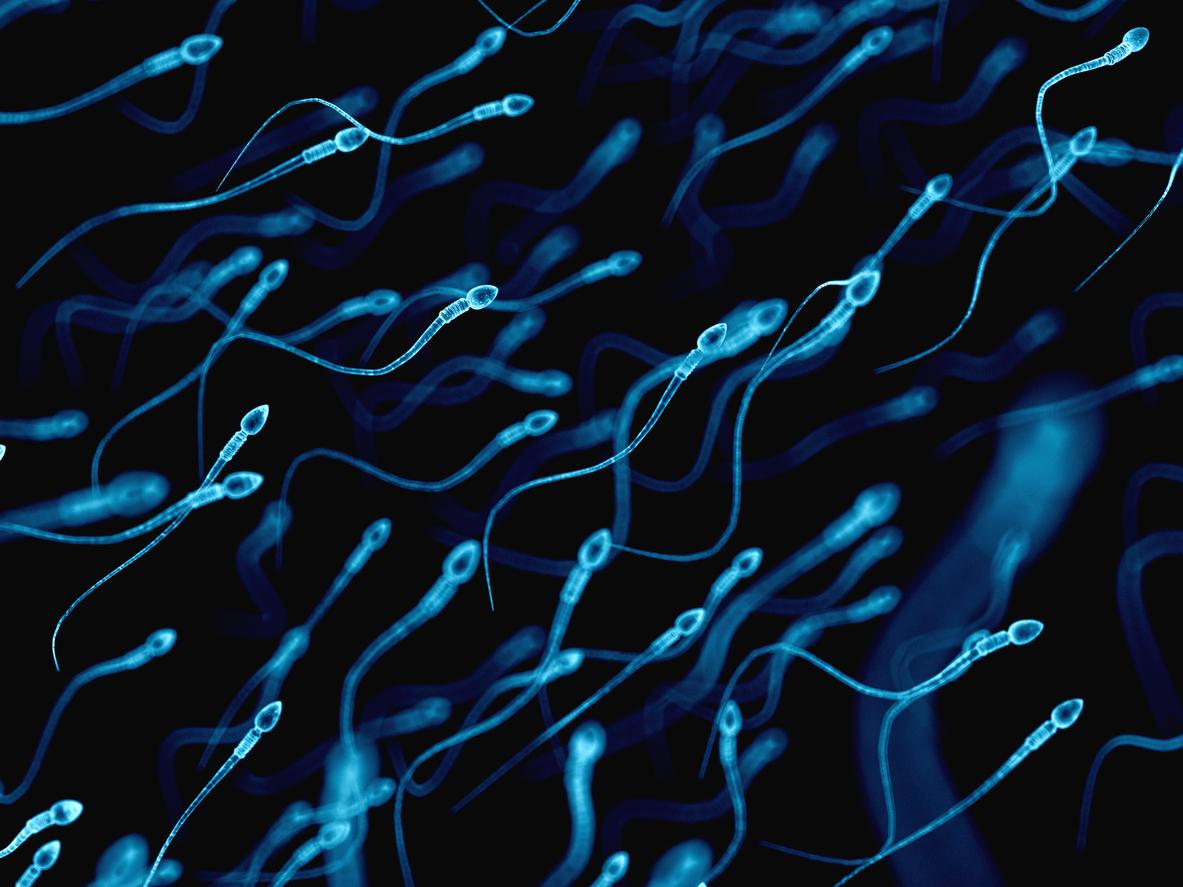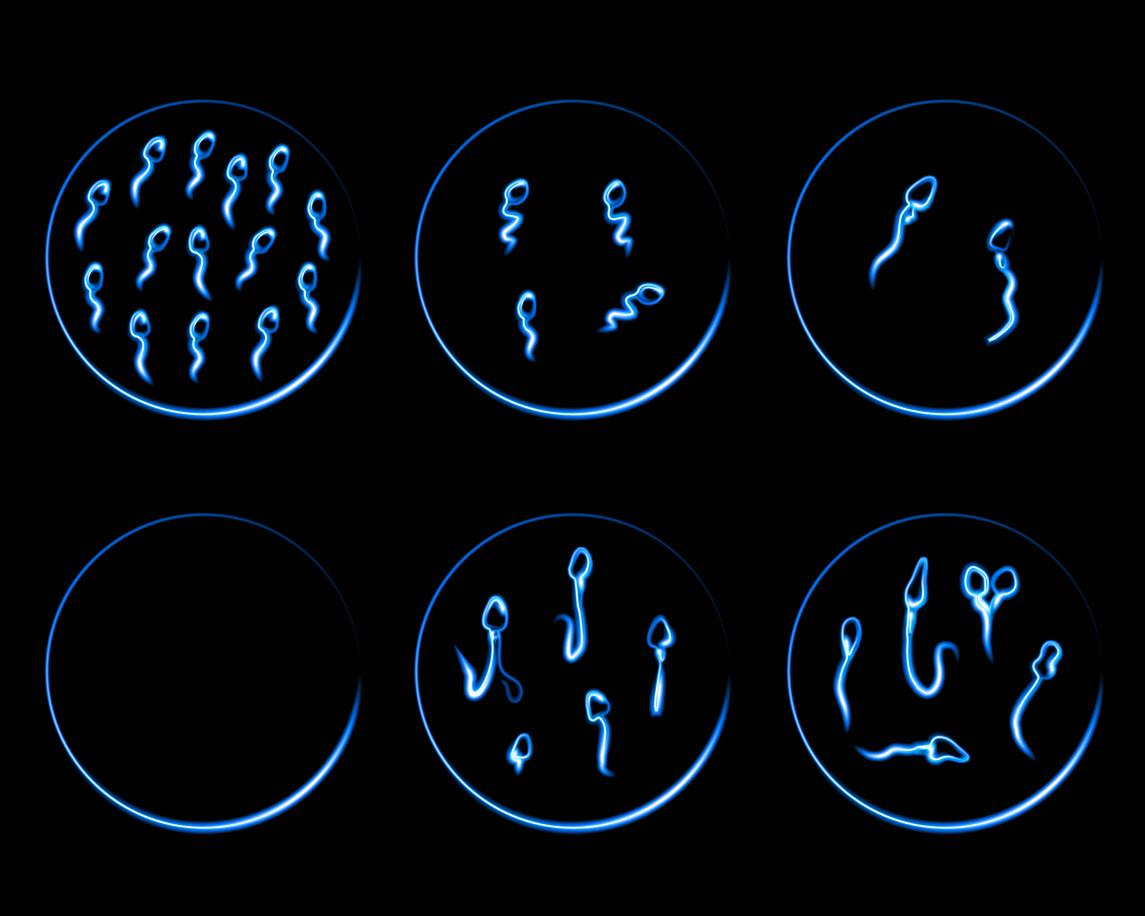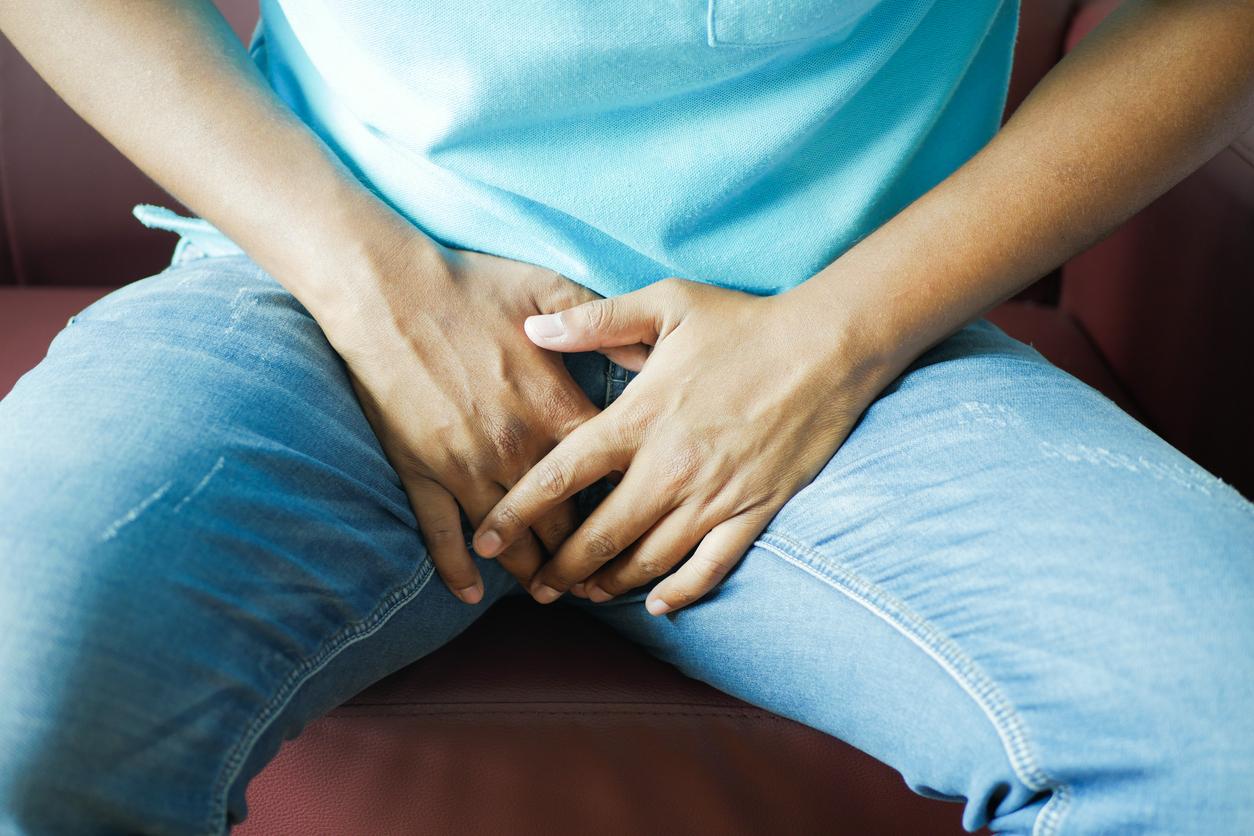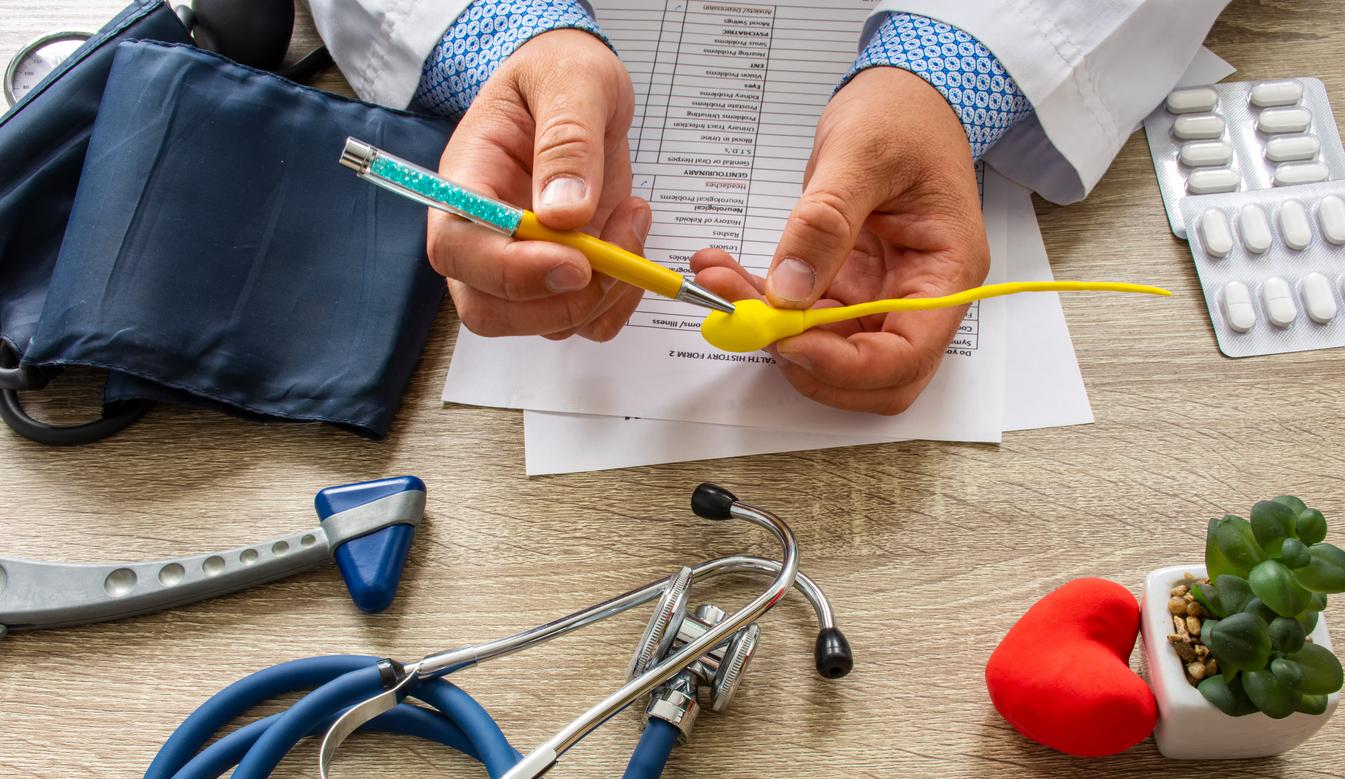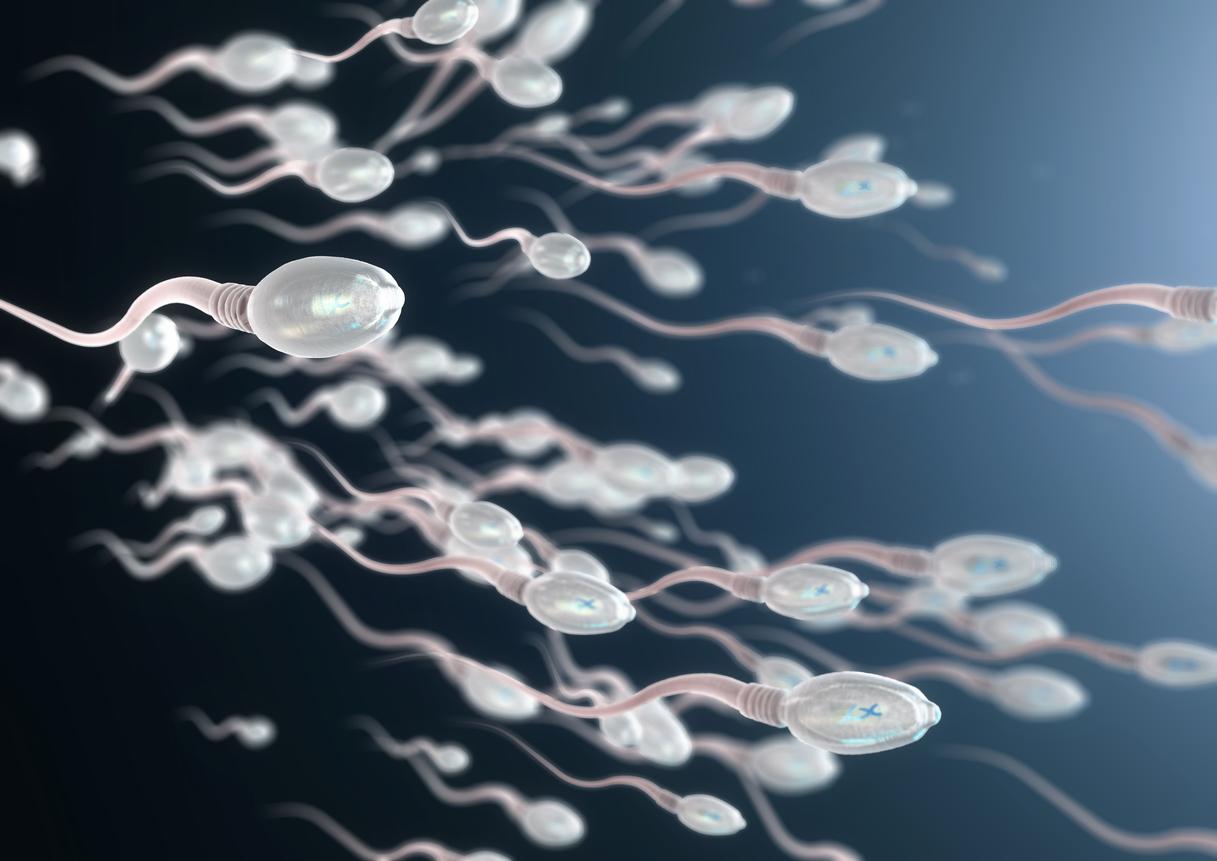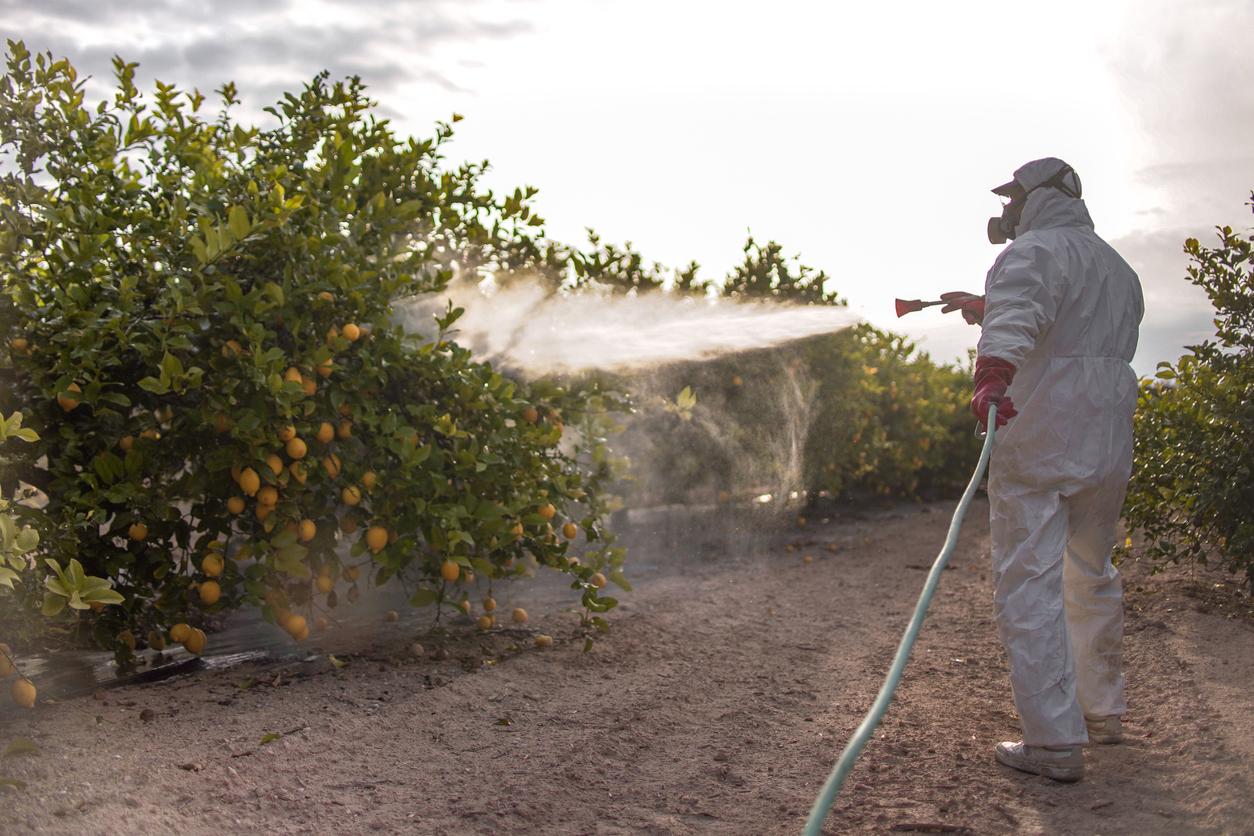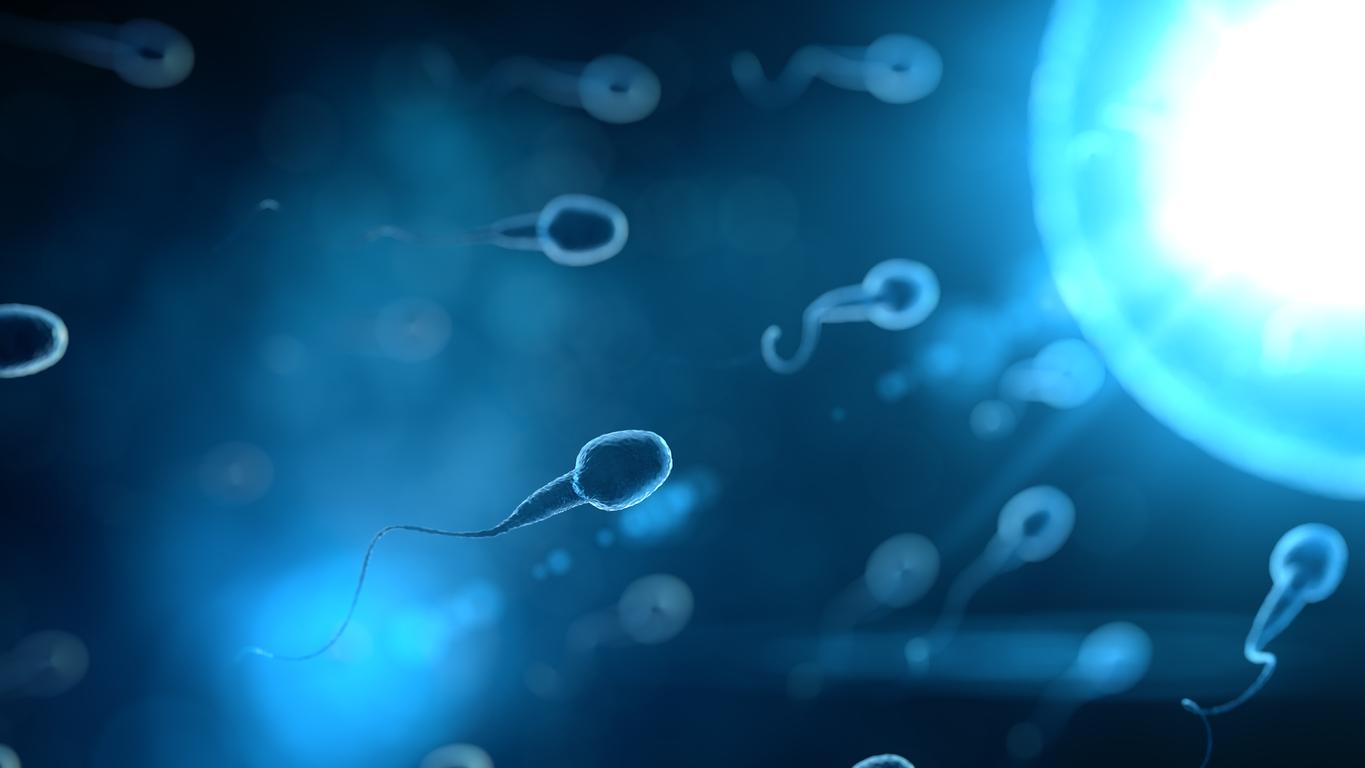More than 3,000 couples concerned by medical infertility register each year to benefit from an egg or sperm donation. But if the number of donors is increasing (almost 40% more in 2016), this does not yet make it possible to meet the needs of all these couples as soon as possible. The wait can last for several years, causing these couples to lose their chance of getting pregnant. The Biomedicine Agency is therefore launching a new information campaign from November 3 to 18.
This recruitment campaign values the women and men who decide to donate eggs and sperm, emphasizing their primary motivation: empathy and solidarity with couples who cannot have children. Targeting potential donors, the radio and web campaign is designed to encourage them to identify themselves and to start thinking about sperm or oocyte donation. It obviously refers to the sites donovocytes.fr and dondespermatozoides.fr.
Nearly 1,200 children born after a donation in 2016
In 2016, 746 women donated eggs and 363 men donated sperm. Nearly 1,200 children were born after medically assisted procreation with a third-party donor. But to achieve respond to all requests assumes 1400 egg donations and 300 sperm donations.
The conditions for giving: to be in good health; be between 18 and 37 years old for women and between 18 and 45 years old for men. The donation is anonymous and free. It is also open to people not having had children.
Read also :
PMA: what progress in 2018?
Infertility: when it is the man who is sterile









